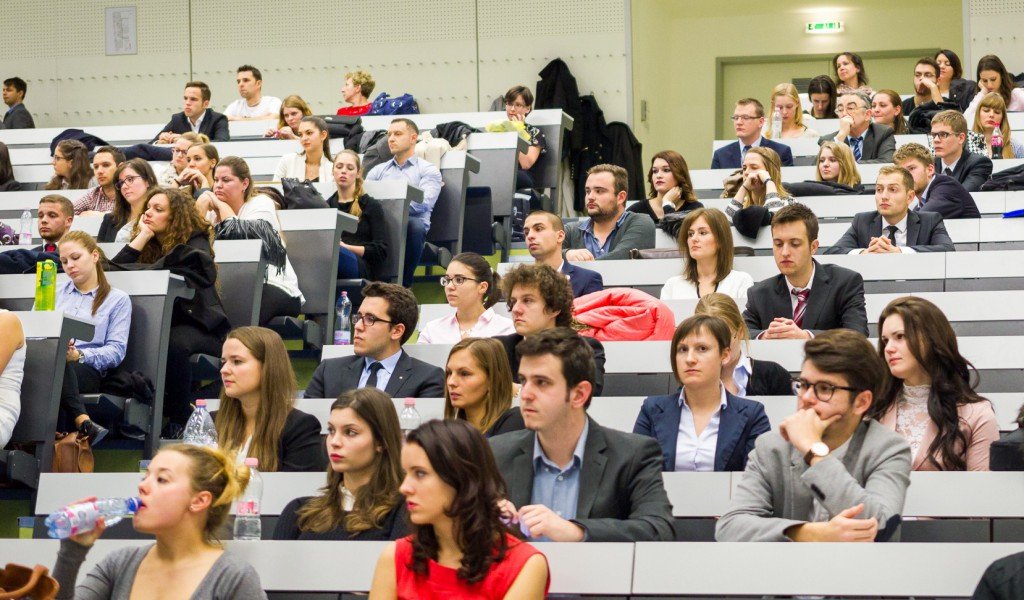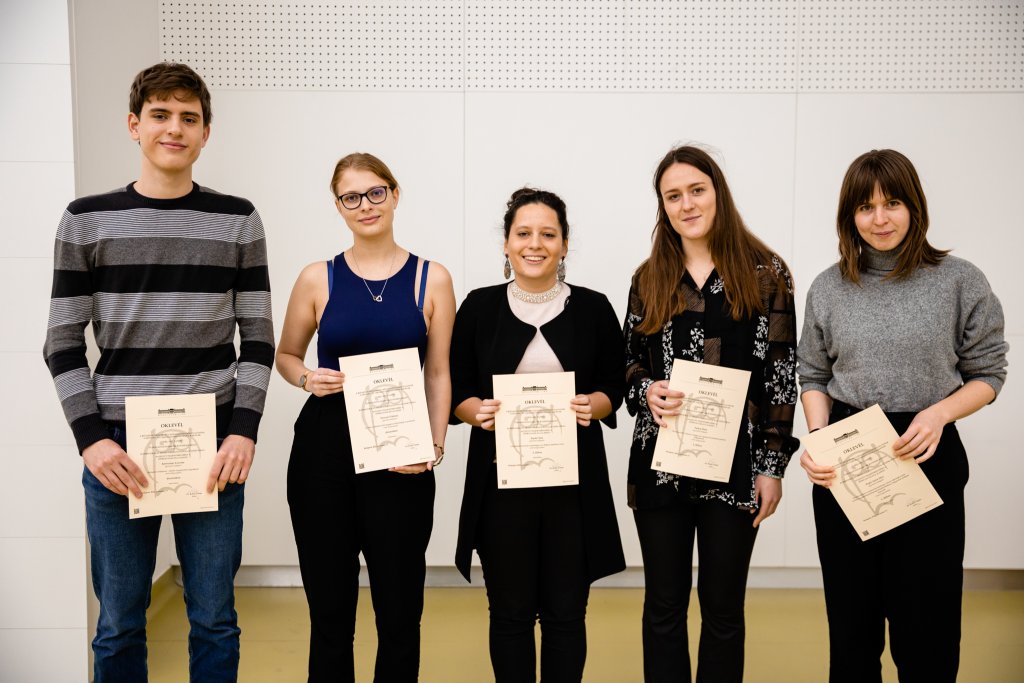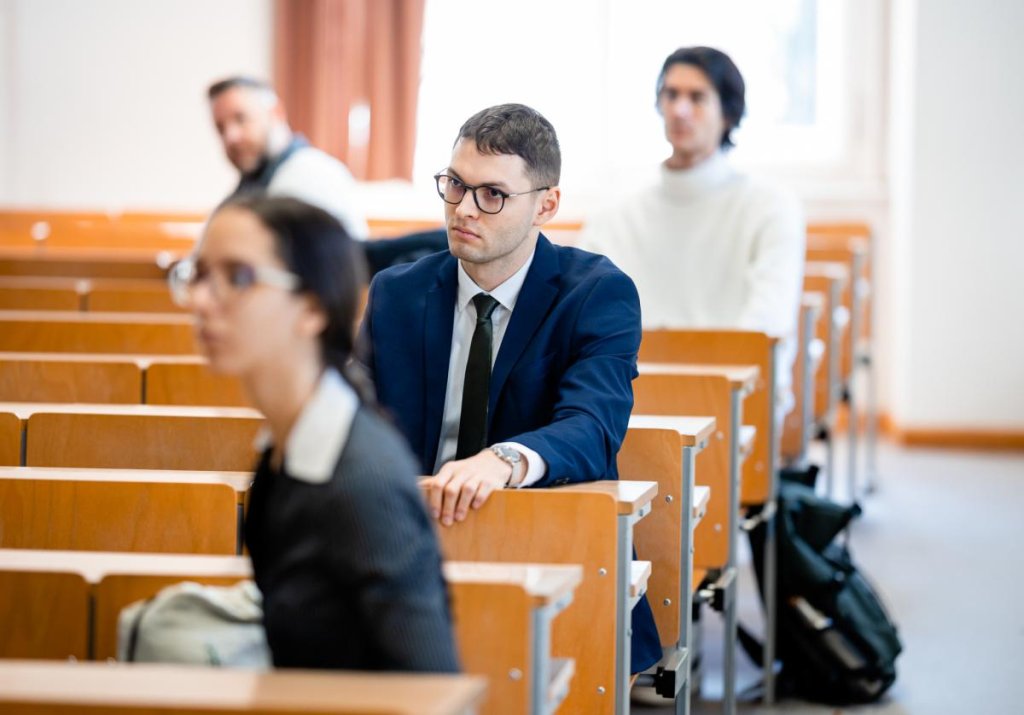Students' Scientific Association (TDK)
Research and create also as a student!
Every year, the University organises an institutional Students' Scientific Association Conference (TDK) in the autumn term. If you're a student - or even a high school student - interested in science, discovery and novelties, TDK is one of the best opportunities to try your hand at being a "researcher"

What is TDK?
A student research project in which students study a topic of interest to them in depth and then summarise their experiences in a scientific paper. An advisor assists in its implementation and compilation. The results of the research should be summarised in a written paper and presented orally at the autumn TDK Conference. Participants are assessed by a panel of judges, so TDK is also a competition, with the best students representing BME at the biannual national round.
Why is it beneficial to participate in TDK?
You can immerse yourself in a field that interests you, work on a major research project with a lecturer chosen by you (TDK advisor), try your hand at research and get to know the first steps of an academic career. You will gain experience and knowledge (professional skills, time management, presentation skills, rhetoric, etc.) that will certainly be useful for your future studies and on the job market. For student scholarships or even for PhD studies, a TDK ranking can be an extra score.
A well-done scientific students’ associations conference dissertation can later serve as a basis for project assignments, a master thesis or a bachelor thesis.
TDK can be an extra score for academic progression: scholarships, admission to master training programmes, scholarships abroad (e.g. Erasmus+ call), or a demonstrator and doctoral programme.

Who can participate in TDK?
As a student, anyone who applies for the autumn institutional round with a research topic and the consent of an advisor supporting their research.
High school students at TDK
High school students can now also apply for the BME TDK. For students who are still deciding on a career, BME faculties offer TDK topics and advisors, as well.
How do you start?
Start by identifying a broader topic that interests you. Find a lecturer with expertise in this or a similar topic and ask them to act as an advisor, i.e. a professional supporter who can help you to narrow down your research area and give you guidance on how to get started and then move towards the final research results. To allow enough time for professional work, it is a good idea to contact the lecturer you want as an advisor in spring or early summer.

What is the process of TDK?
You need to apply in September for the institutional round of that year, giving the title of the research, the name of the advisor and a short summary of the topic you have worked on. The home round is always organised by the University in November. A written paper presenting the TDK research and an oral presentation must be prepared for the institutional round. You should always check the faculty TDK portals for the current deadlines.
The top scorers in TDK qualify for the biennial national round (OTDK).
For more practical information about the TDK application process, watch this video:
Contact details of faculty TDK portals and people responsible for TDK on faculty level:
